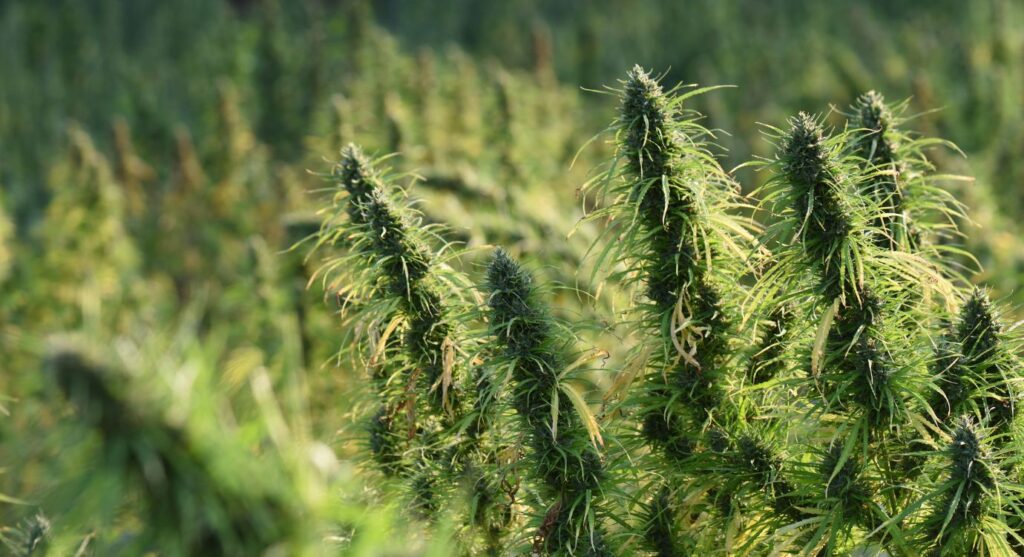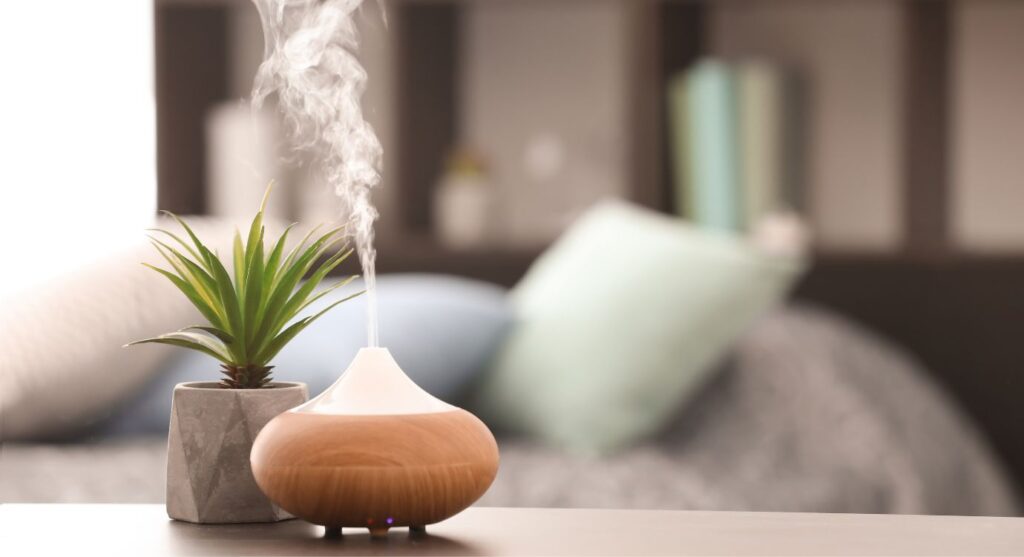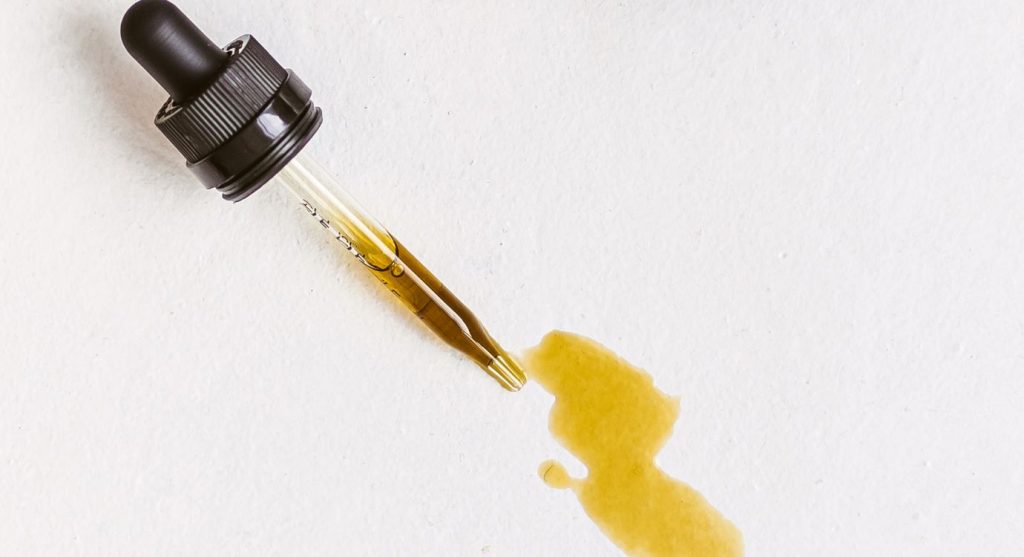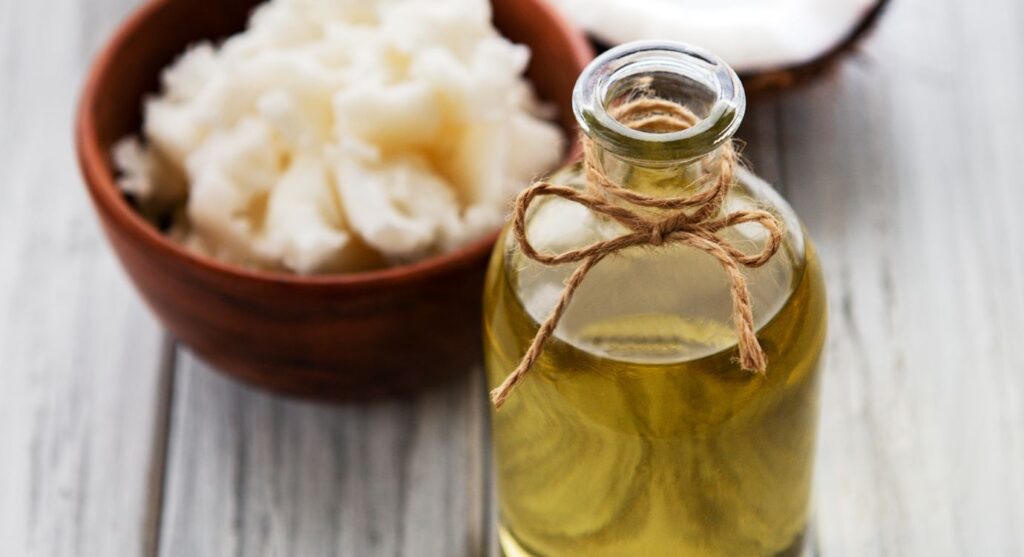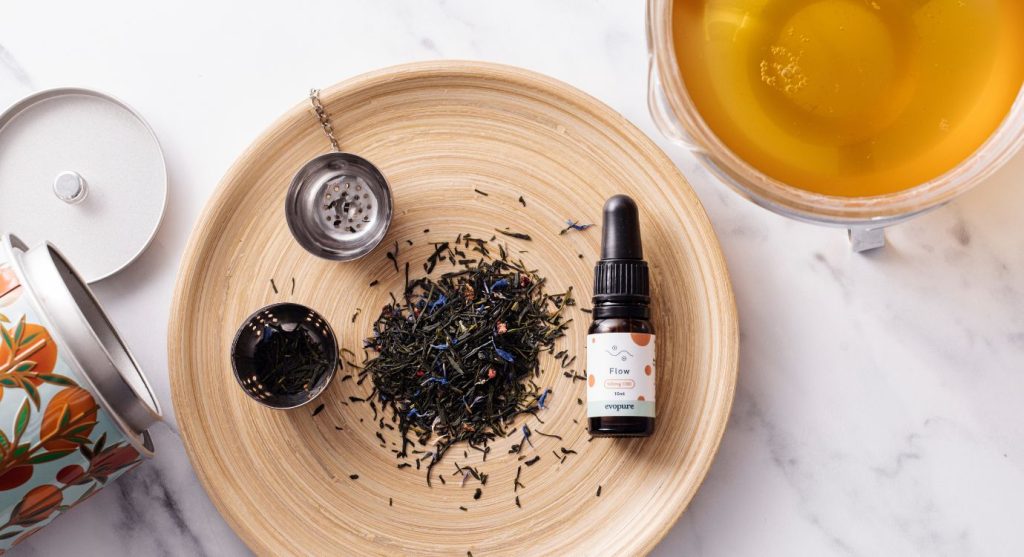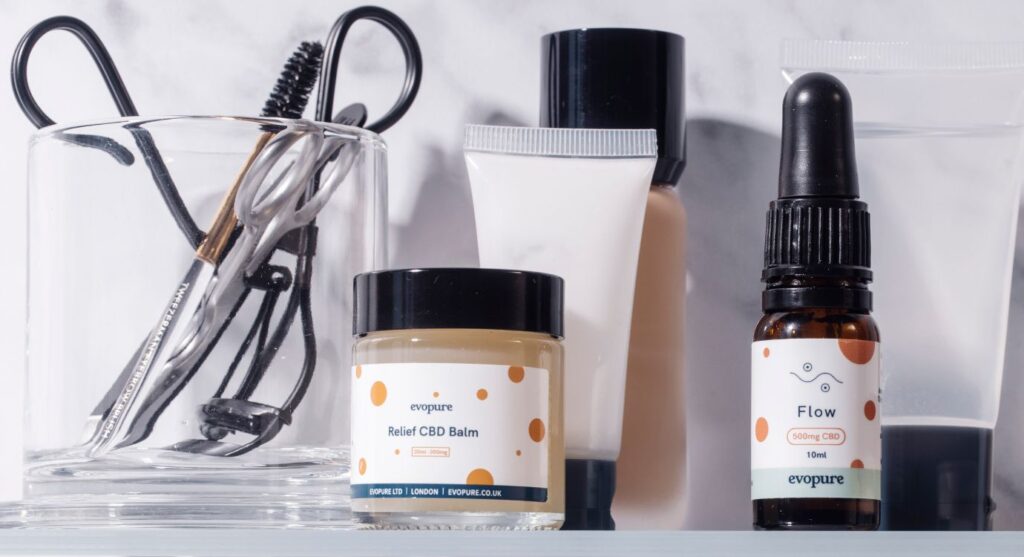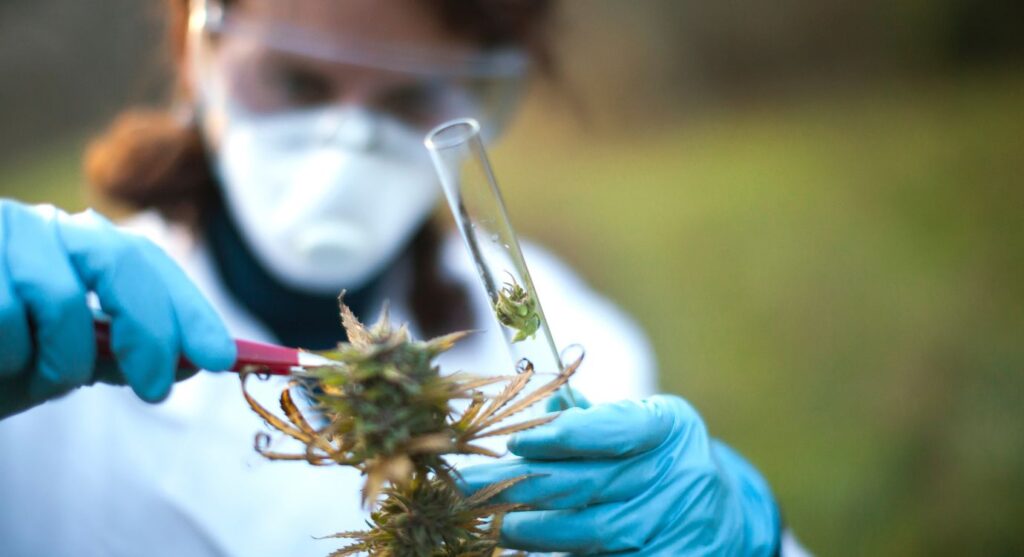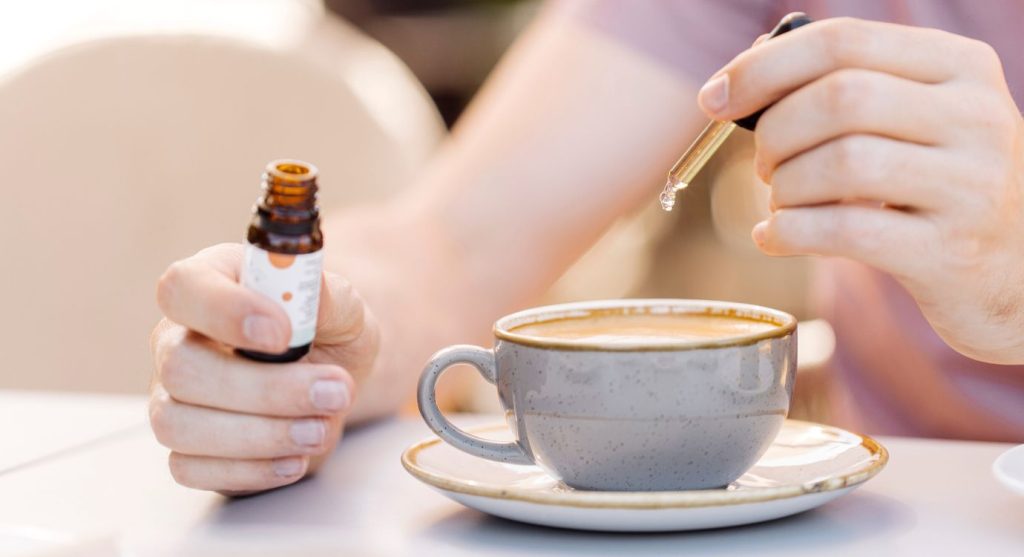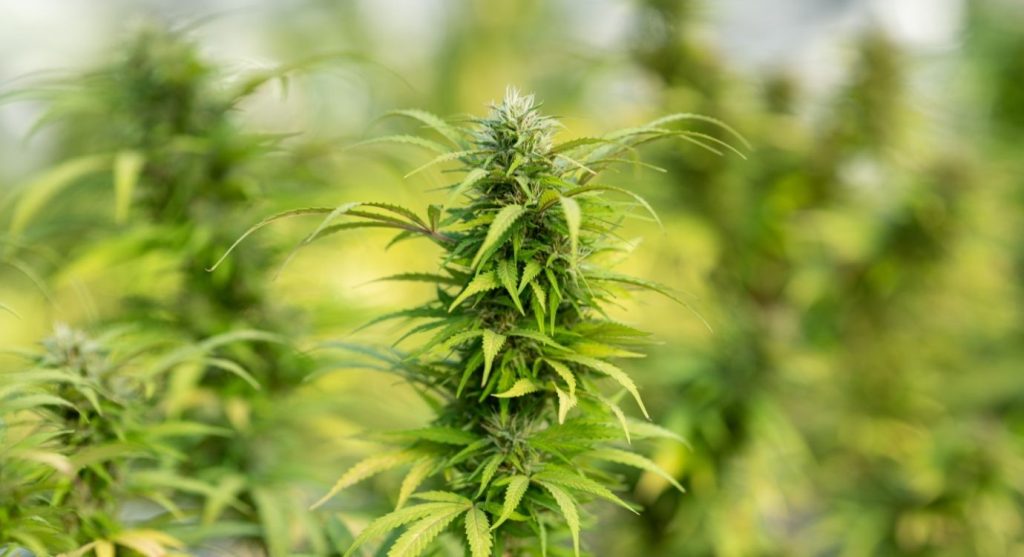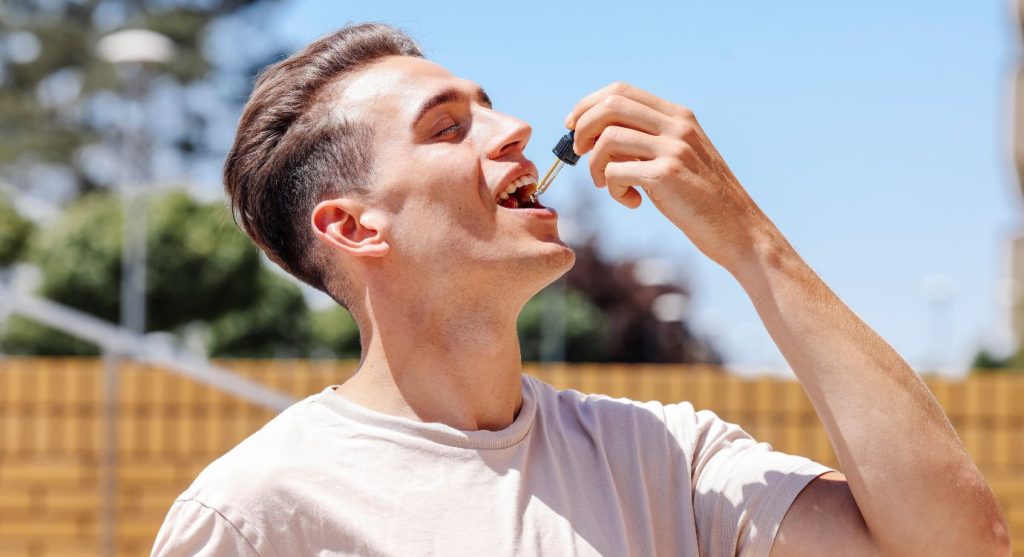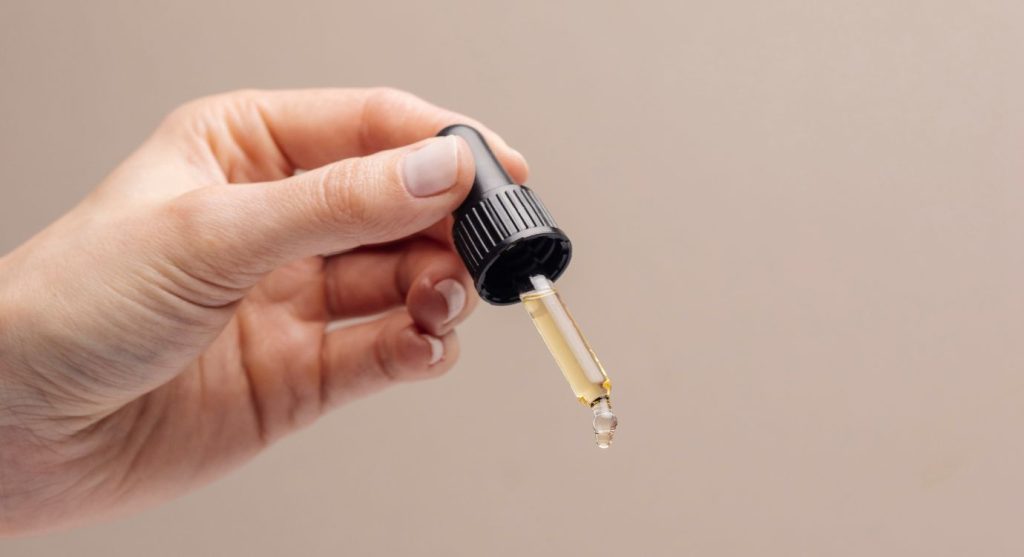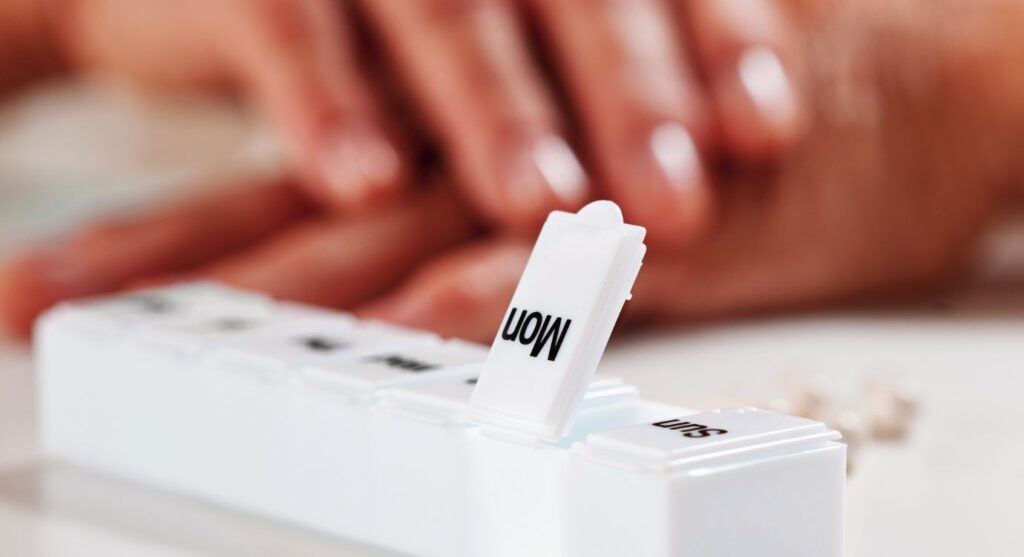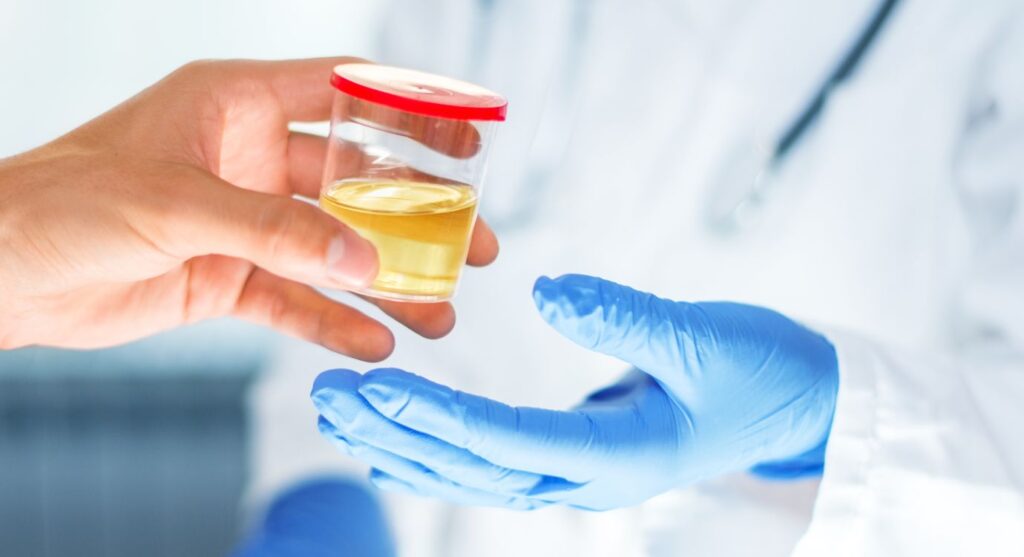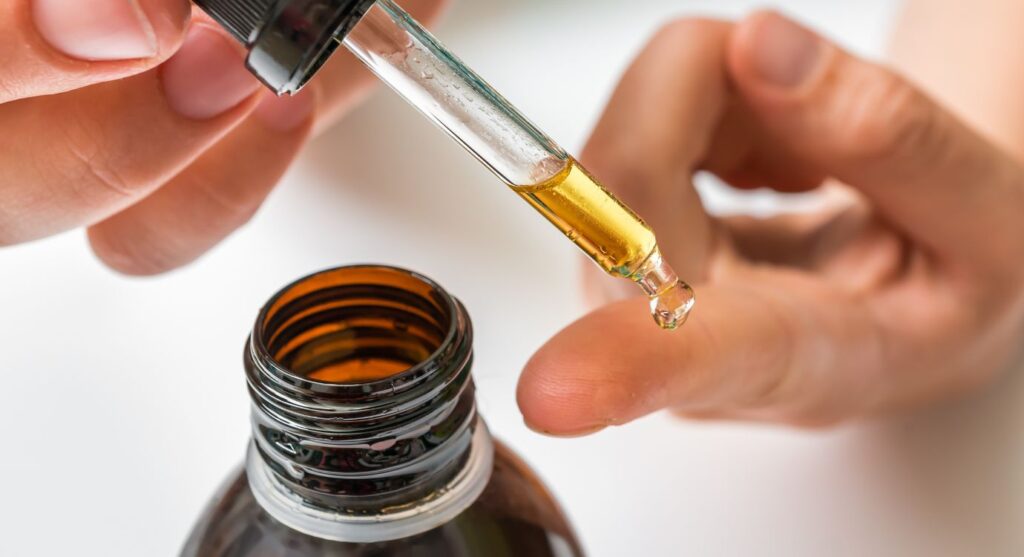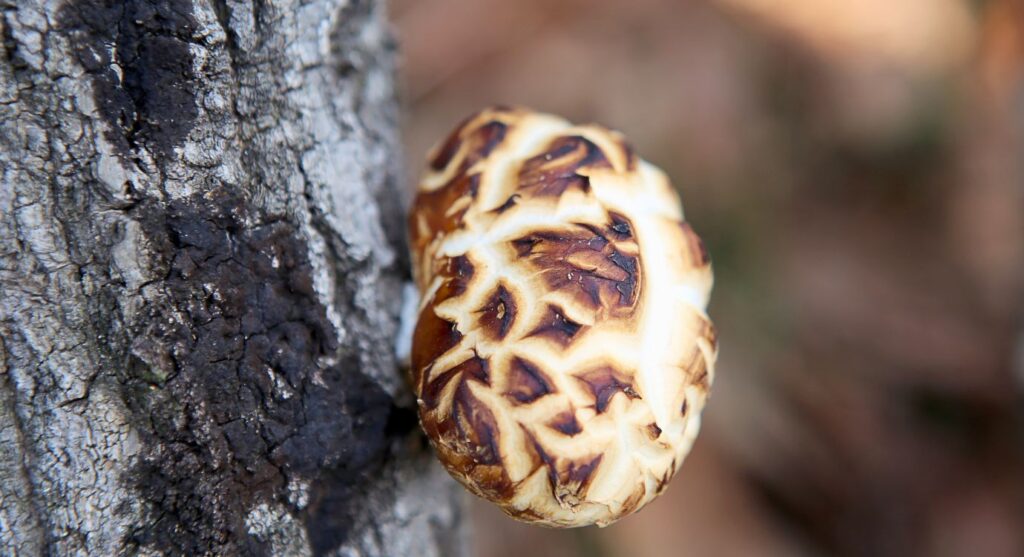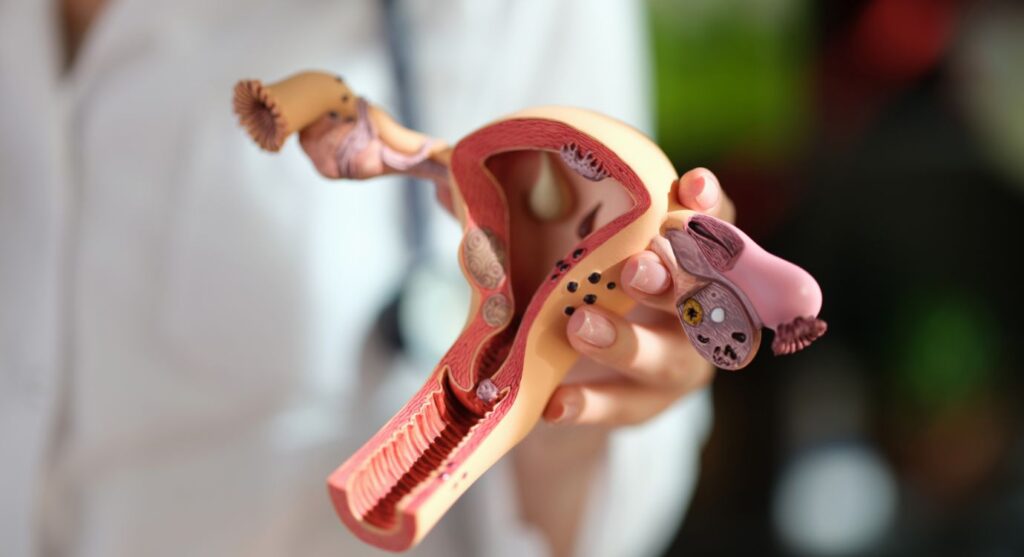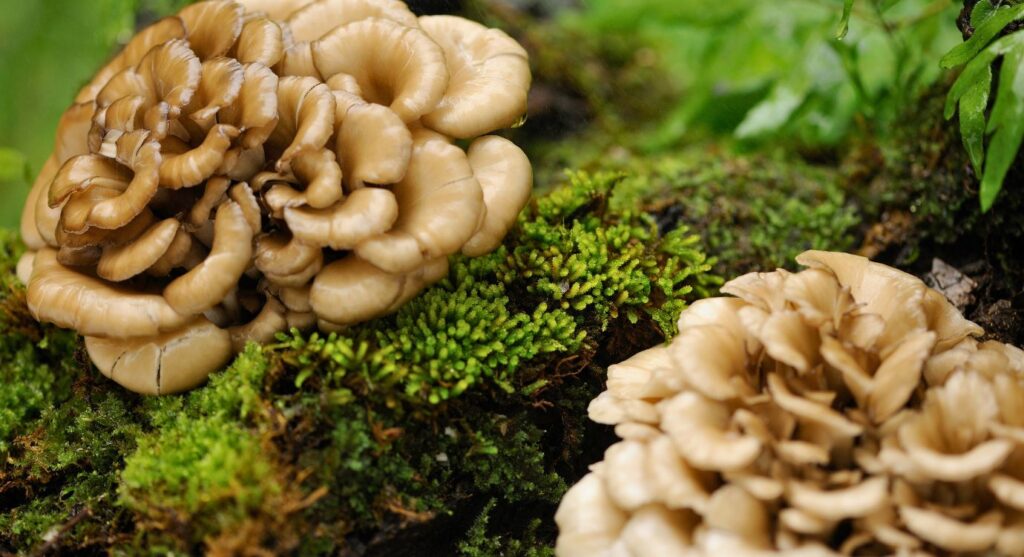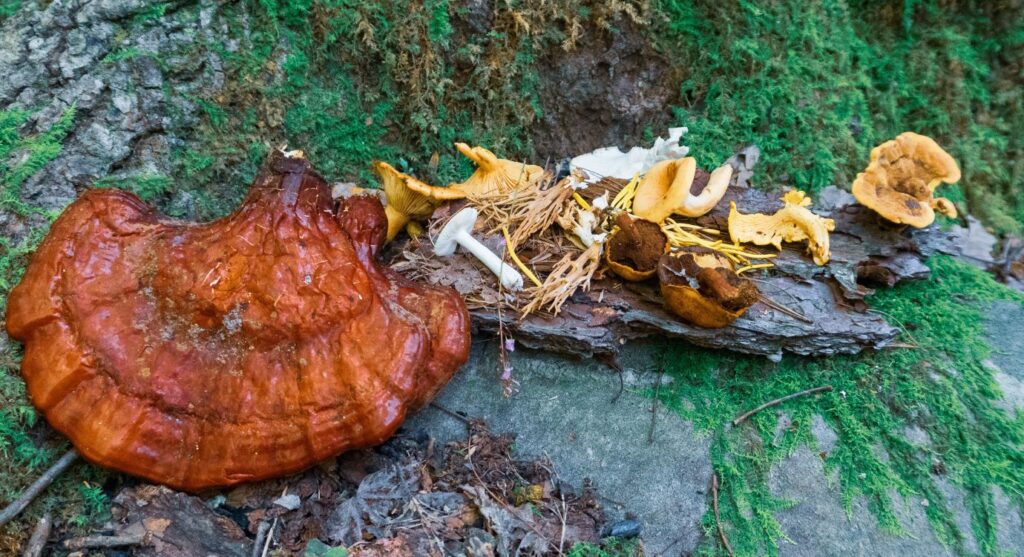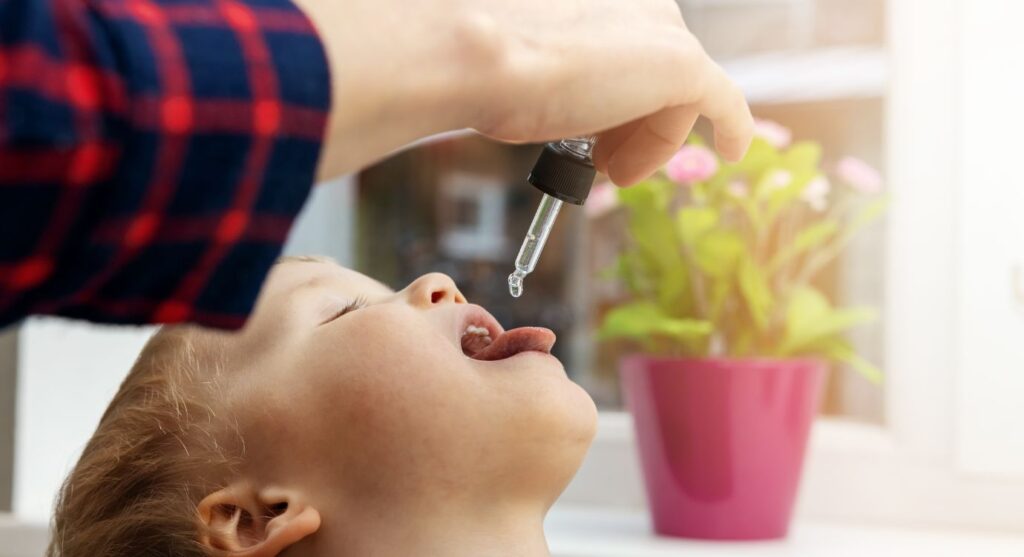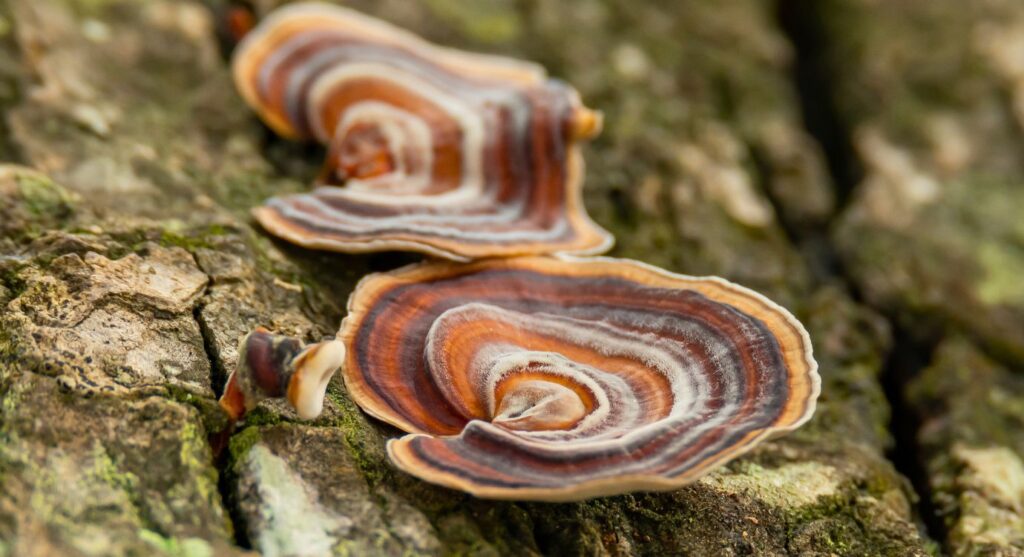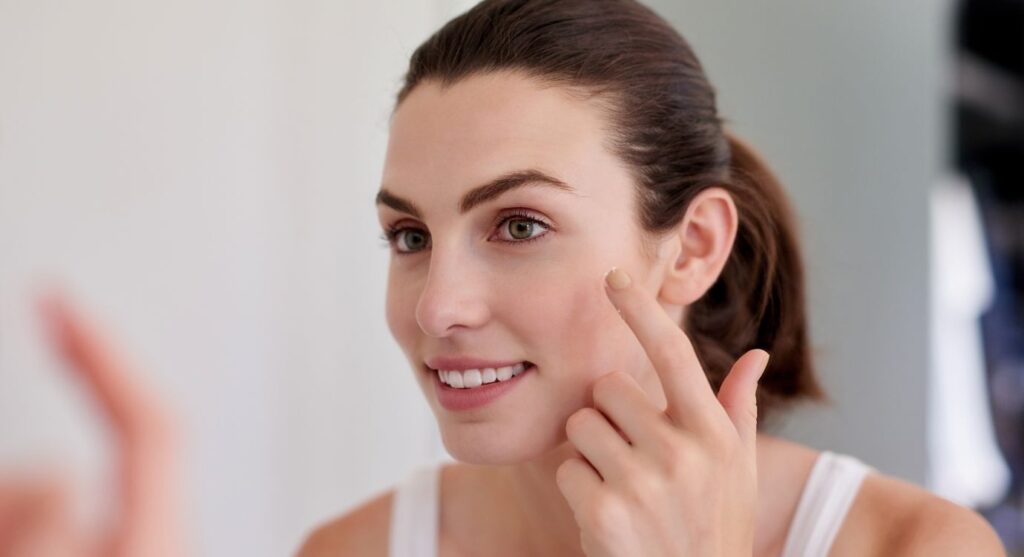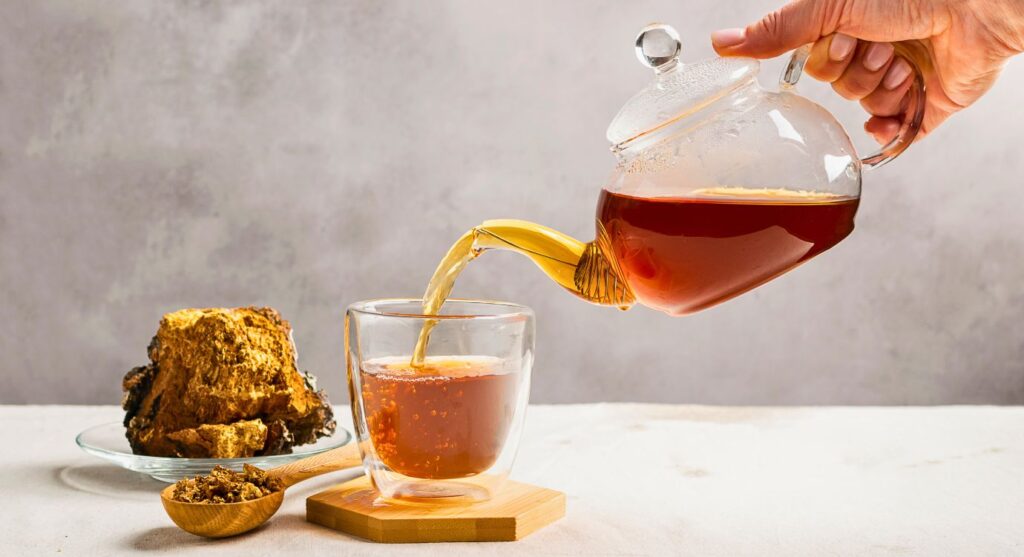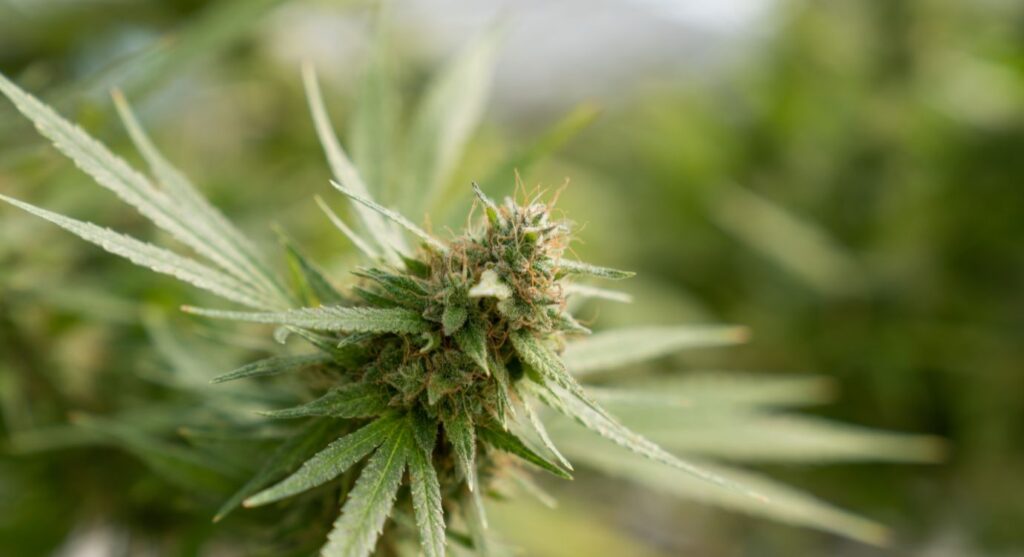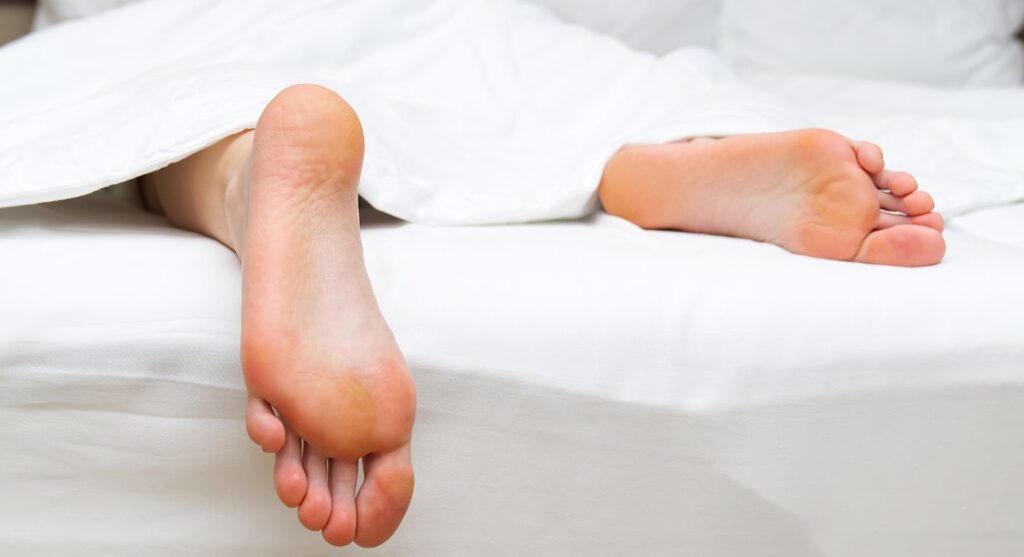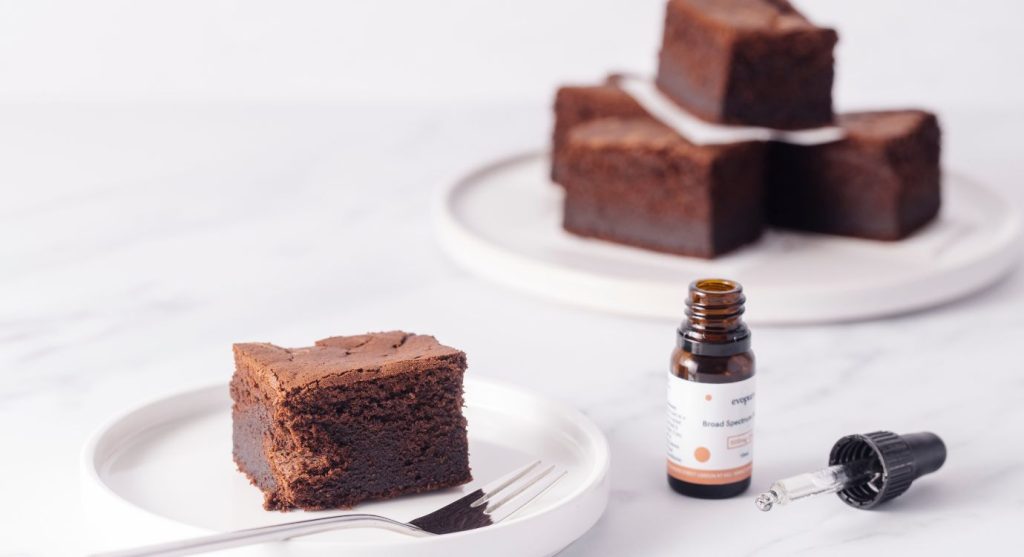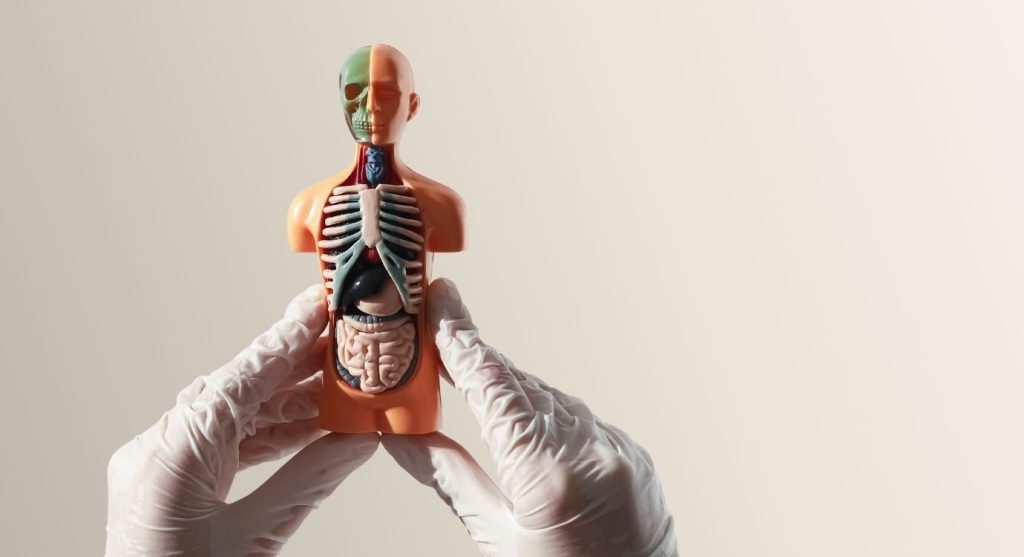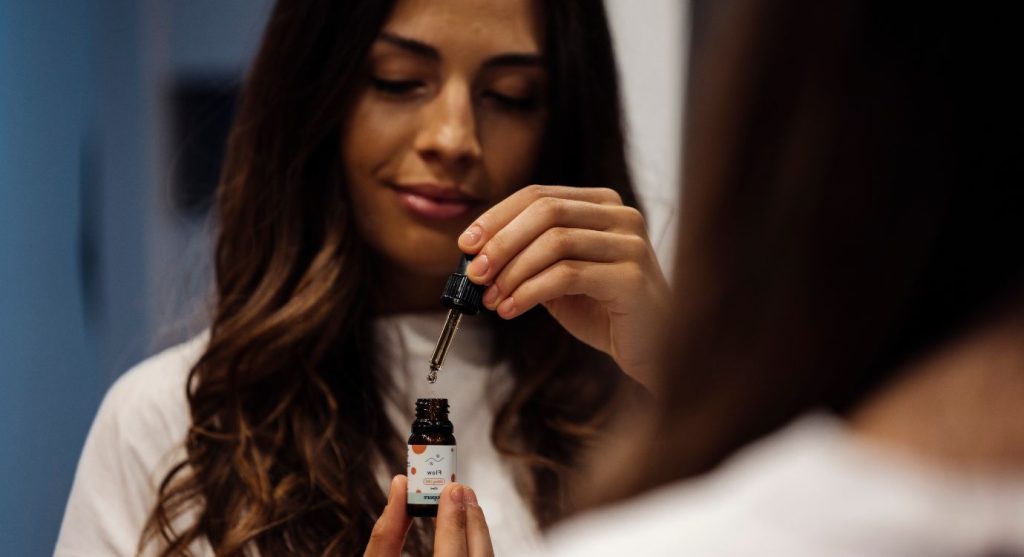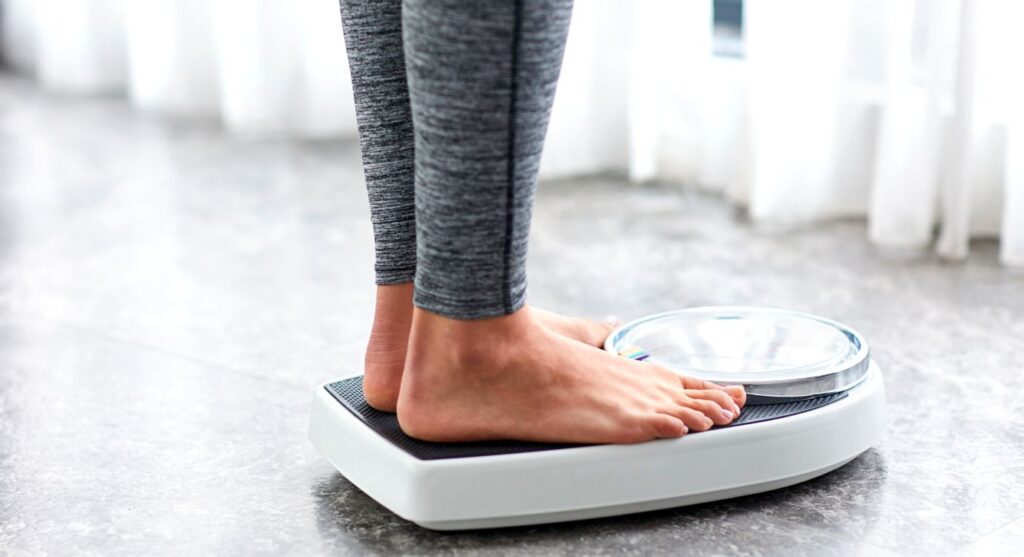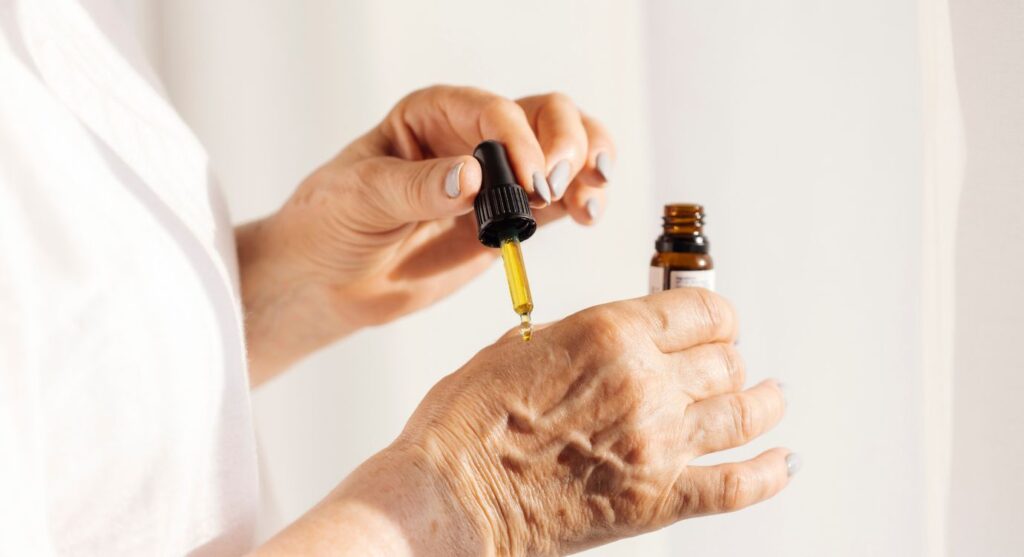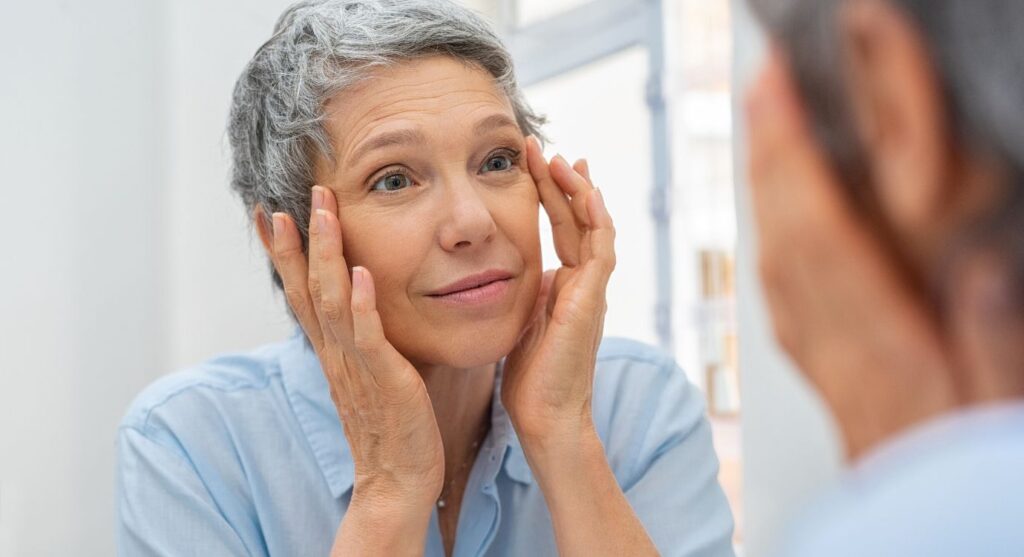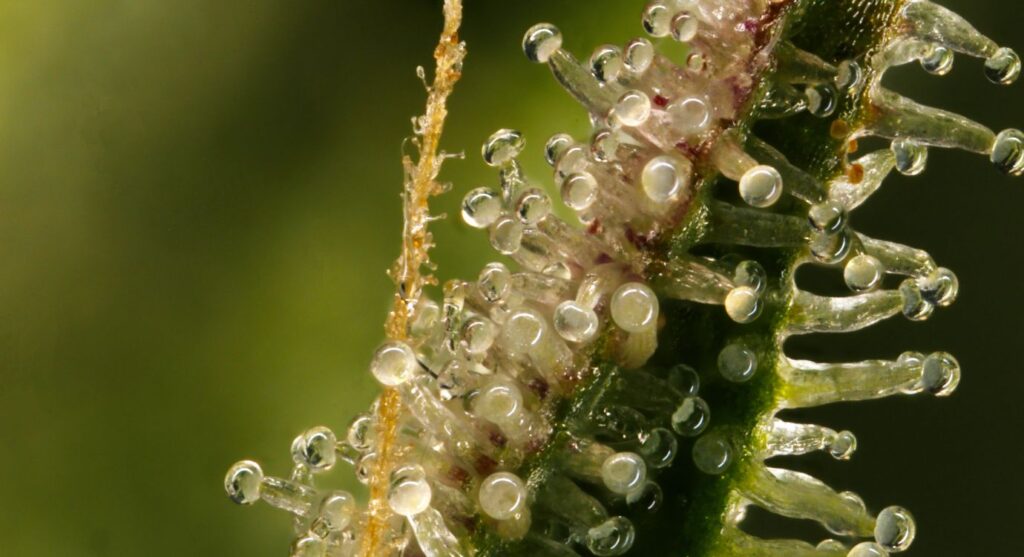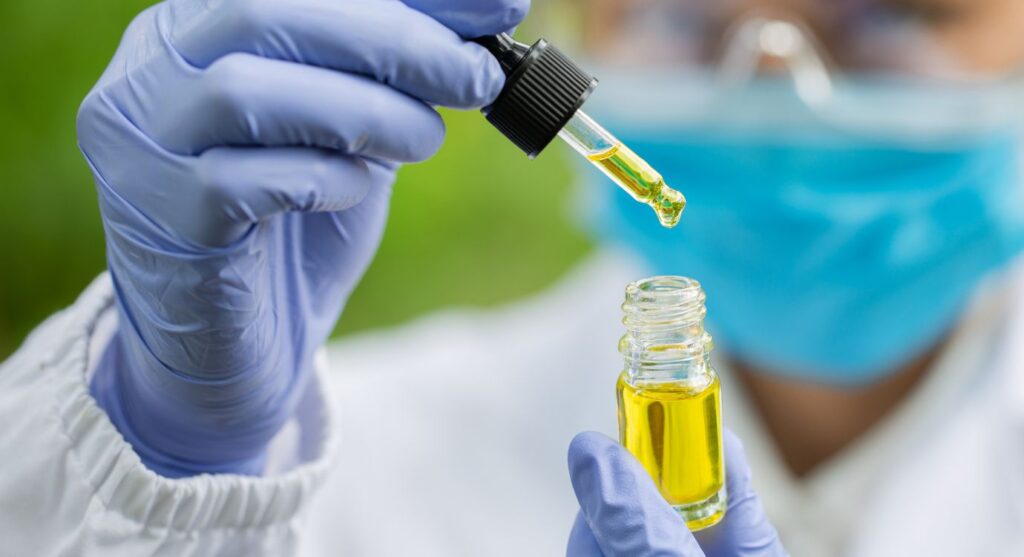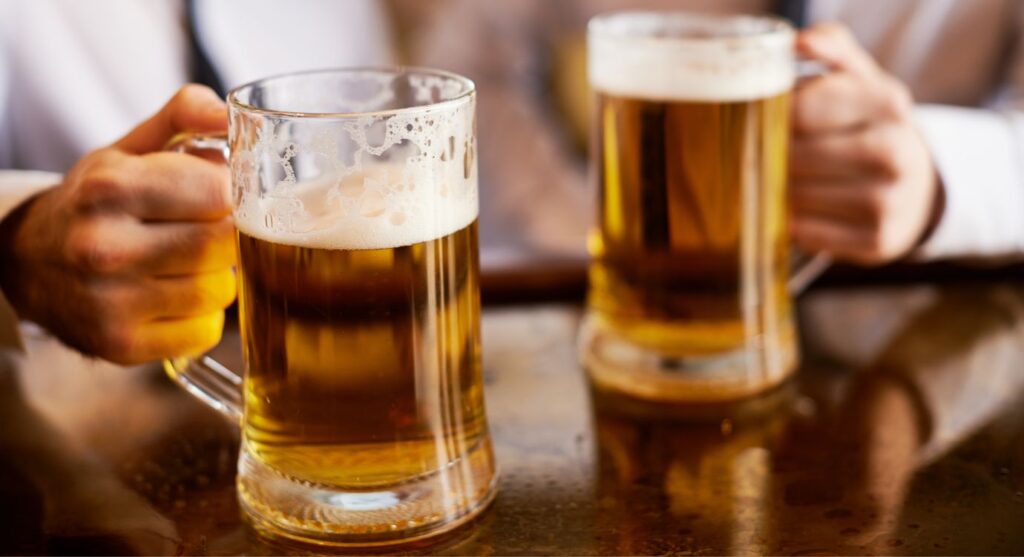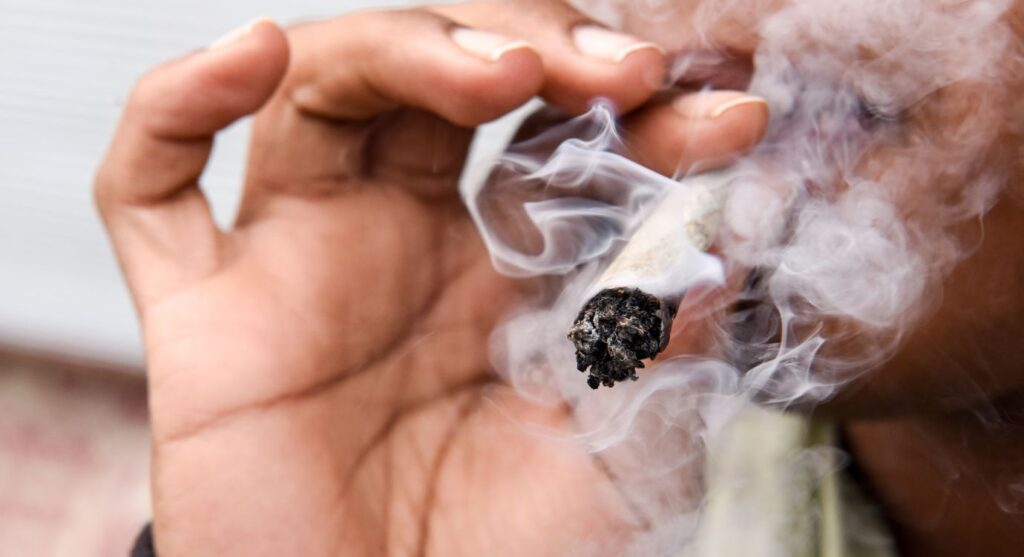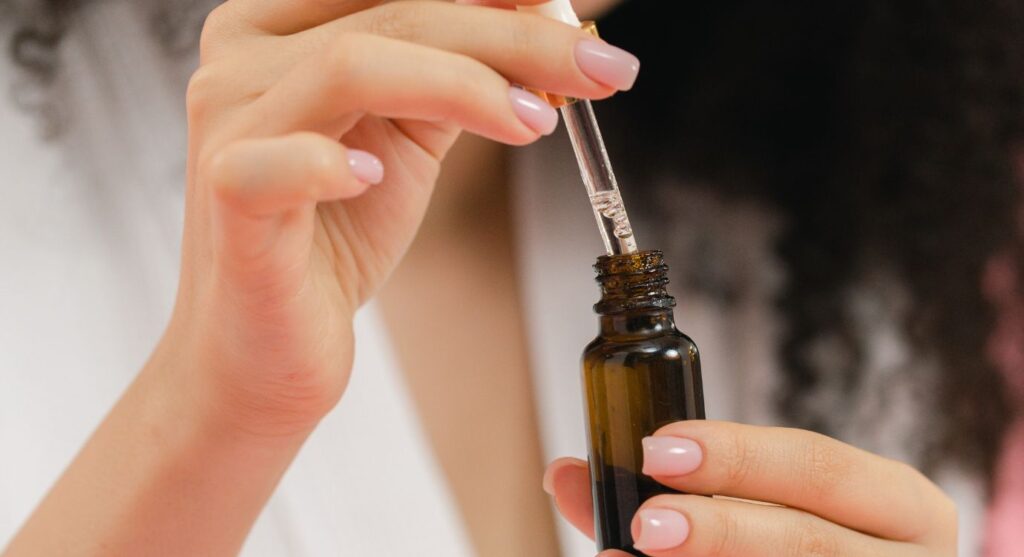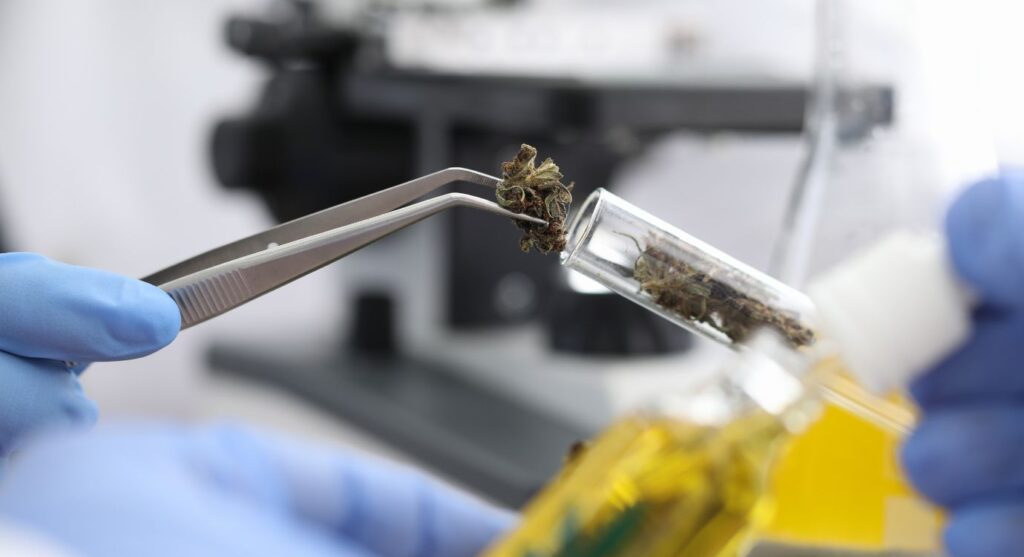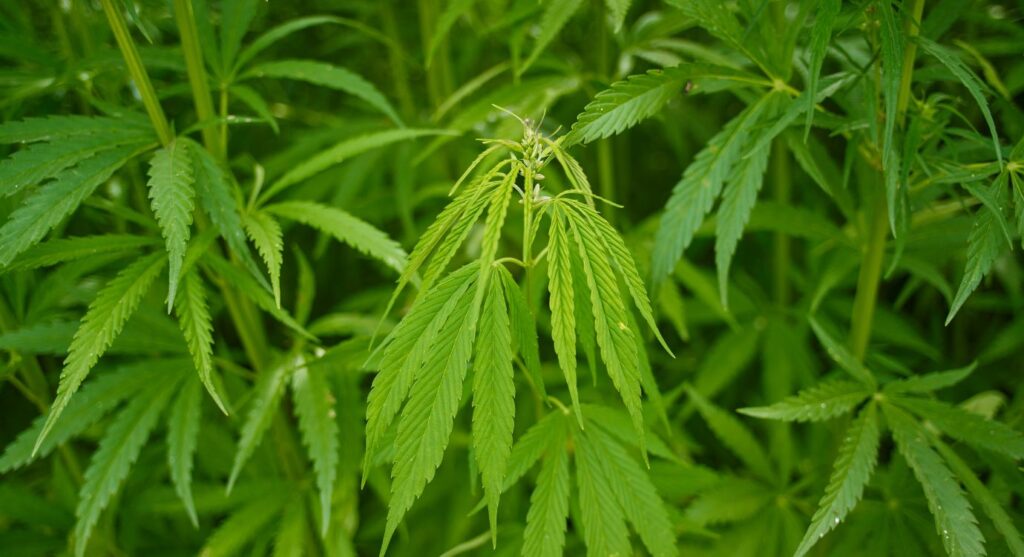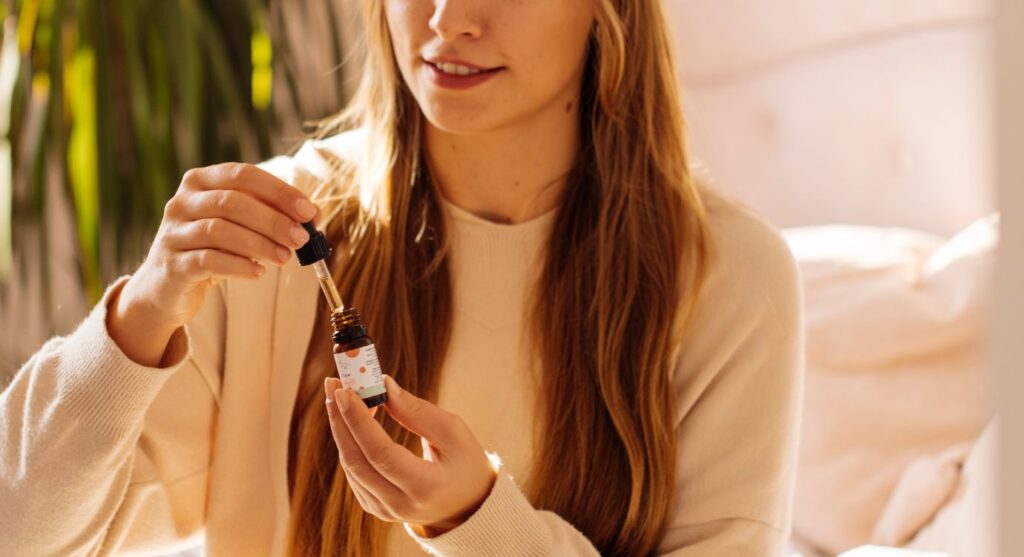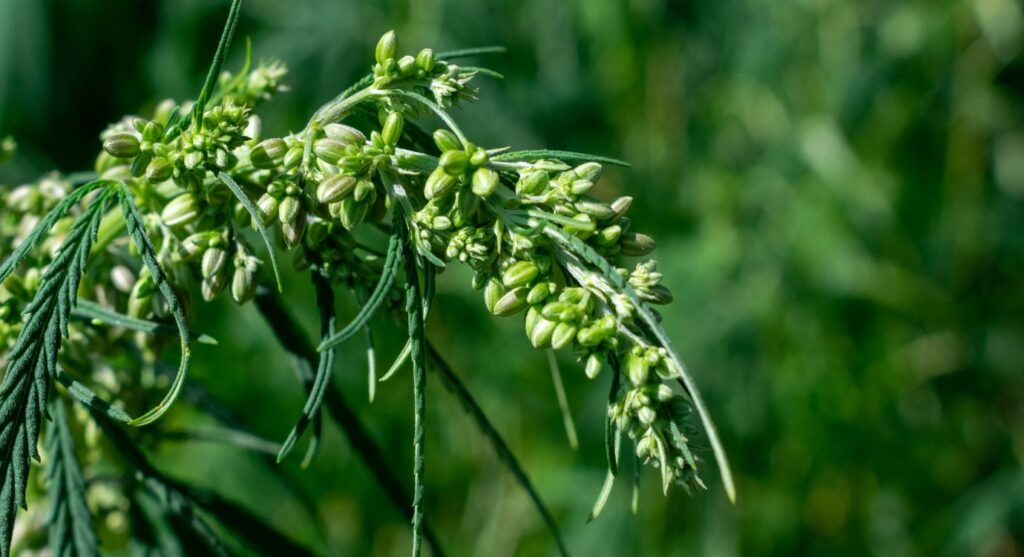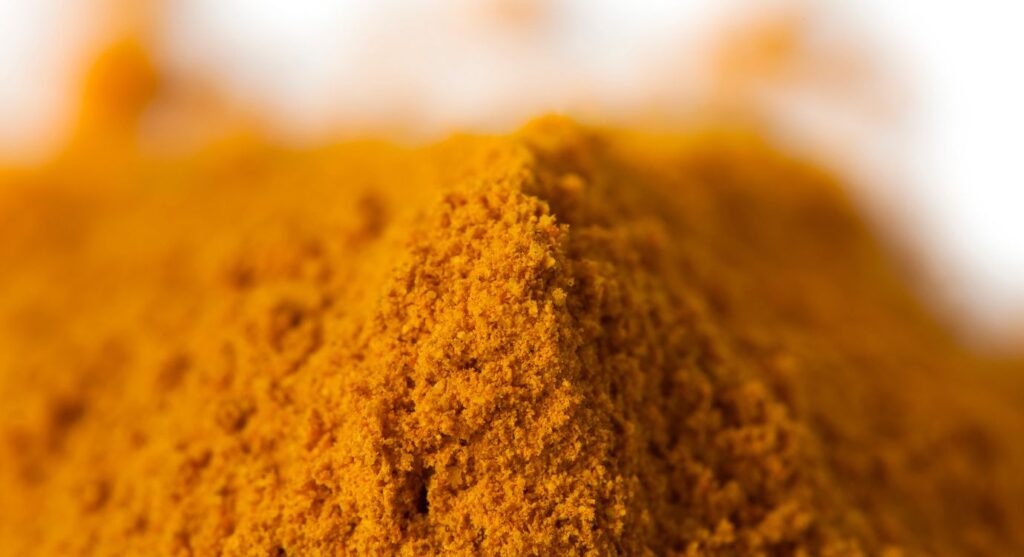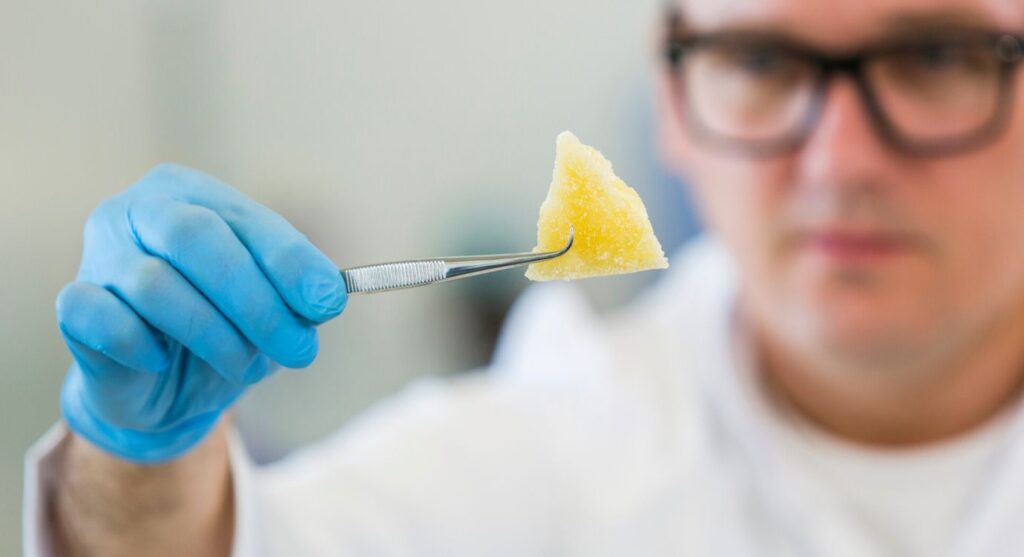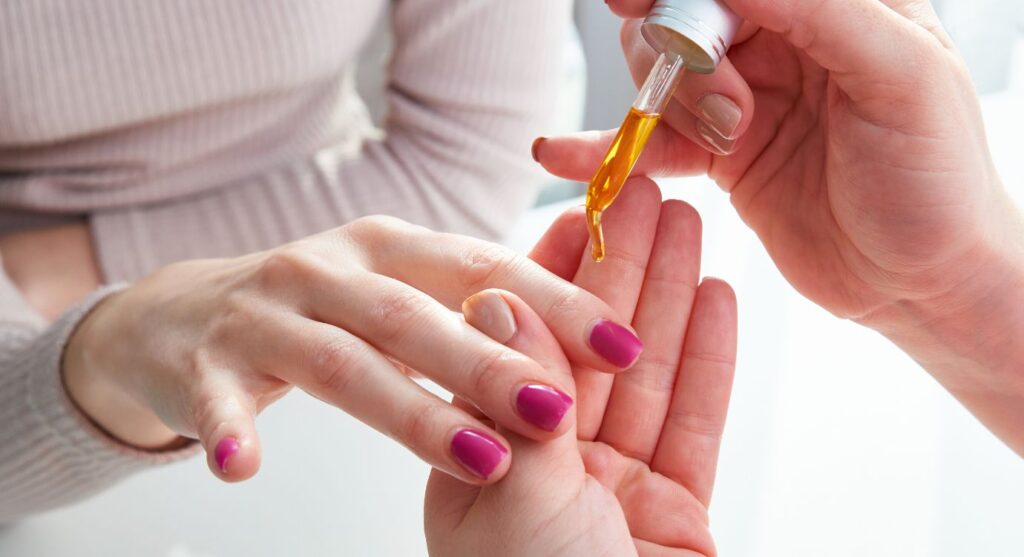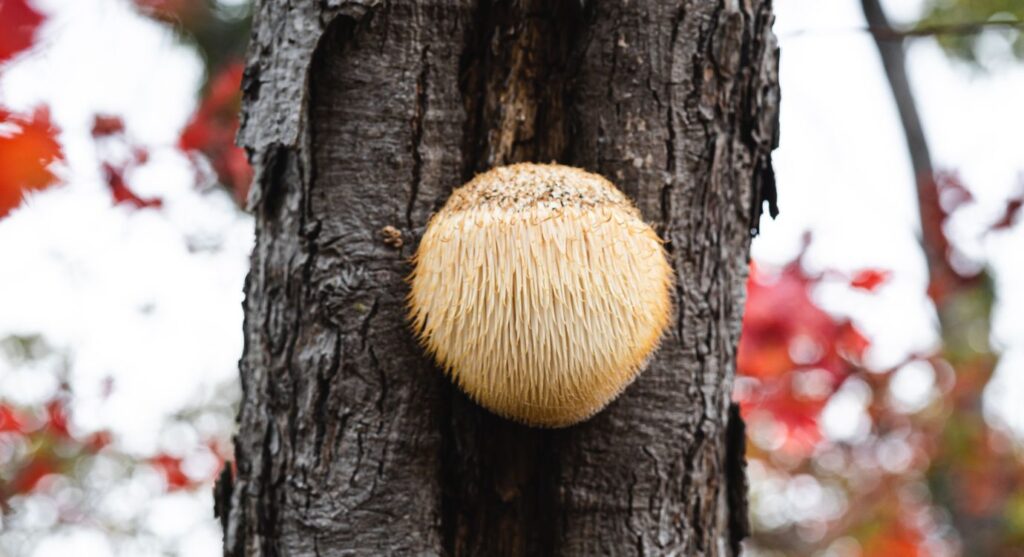Usually, when you take CBD oil or another CBD product, it’s not just the cannabidiol (CBD) compound you are consuming.
Instead, you will be consuming a range of different, naturally-occurring compounds found in the hemp plant – in addition to CBD.
But don’t panic – this is actually a good thing! Scientists have discovered that these different components actually work in tandem – and can offer extra benefits when consumed together.
The way that this happens is known as the entourage effect.
In this article, we’ll cover:
- What is the entourage effect?
- What are the different compounds found in CBD oil
- What is the difference between CBD isolate, full-spectrum, and broad-spectrum CBD?
Let’s dive in…
In this guide:
What is the entourage effect with CBD?
The entourage effect theory essentially says that the various components found in cannabis are complementary.
As well as having individual benefits, consuming these compounds in tandem essentially gives a superboost, and provokes stronger results. Like cheese and chips – or hangovers and your bed – some things are just better together.
The theory, while not ‘proven’, is widely accepted among cannabis communities and by researchers.
While first introduced by Dr Ben-Shabat in 1998, awareness of the entourage effect has increased over the past decade, after acclaimed cannabis researcher Dr Ethan Russo popularised the theory talked in relation to CBD in his 2011 research paper.
Since then, supporting evidence has been gathered, with further studies finding that the benefits of CBD increase when it’s consumed in combination with other naturally-occurring cannabinoids.
Read more: 7 CBD benefits
Why?
Well, no one knows exactly, but it could be to do with the fact that CBD interacts with certain endocannabinoid receptors, but does not bind to them.
It seems that by pairing CBD with other compounds that also interact with the endocannabinoid system (ECS), the overall effectiveness of CBD increases.
Compounds contributing to the entourage effect
CBD is one compound naturally found in the hemp plant, but it’s not short of company.
Cannabis Sativa L is significantly more complex and intricate than most people think – mainly because it’s the two most well known cannabinoids – THC and CBD – tend to hog all the hype and dominate headlines.
Read more: CBD vs THC
But so far, scientists have isolated 113 different compounds from the cannabis plant – and word on the street is that there may be many more.
While THC and CBD are both known for their interaction with the body’s endocannabinoid system, the vast range of compounds found in cannabis plants – (and therefore in most CBD products) – all have the potential to affect our bodies in different ways.
These include terpenes, flavonoids (where that oh-so-lovely CBD taste comes from) and fatty acids – as well as other cannabinoids.
Let’s take a look…
Cannabinoids
Hemp and cannabis plants contain more than 100 different cannabinoids.
Each cannabinoid has its own unique properties, and research is increasingly being carried out on the specific properties of CBG, CBC, CBN, and CBGA, as well as CBD.
Terpenes
One of the most overlooked yet crucial components of most CBD products is a group of compounds called terpenes. Terpenes are responsible for the aroma and taste of all plants, including hemp.
Some of the terpenes found in hemp plants and therefore many CBD products are Linalool, Pinene, Limonene, Myrcene, and Caryophyllene.
Terpenes play two roles in CBD products:
- They have their own reported benefits for the human body, and so deliver extra advantages to taking CBD products.
- They make it easier for the body to absorb CBD. In this way, they act as part of the entourage effect to make CBD more effective.
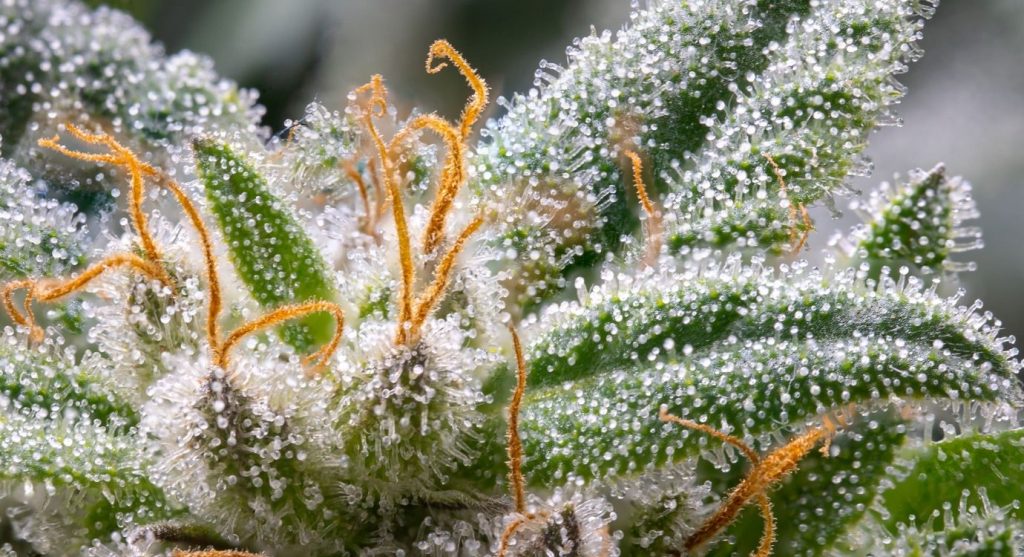

Flavonoids
If terpenes are the aromatic compounds, flavonoids are the flavour compounds.
Flavonoids are a group of natural substances found in fruits, vegetables, grains, bark, roots, stems, flowers, tea, wine…. And yes, you guessed it – cannabis.
Cannflavins A, B, and C are the most prominent flavonoids that are unique to cannabis and give the plant its distinct smell and flavour, and are said to have neuroprotective, antioxidant, and anticancer properties.
At present, flavonoids and their role within the entourage effect are currently understudied. However, early thinking supports the idea that flavonoids offer positive benefits for general wellness, and have their own part to play in contributing to the entourage effect.
10% off on your first order
Complete this one-minute quiz and find the right products for you.
Types of CBD and the entourage effect
There are three main types of CBD products:
Full-spectrum CBD (FSO) and the entourage effect
Full-spectrum CBD contains the full range of cannabinoids extracted from the hemp plant, as well as other natural components such as terpenes.
As such, full-spectrum CBD is a great choice for those looking to benefit from the entourage effect. In the UK, FSO is allowed to contain up to 0.2% THC.
Broad-spectrum CBD and the entourage effect
Broad- spectrum CBD is similar to full-spectrum CBD, in that it still contains all of the goodness of terpenes, flavonoids and minor cannabinoids.
However, broad-spectrum offerings have the THC completely removed. This is a great option if you’re looking to benefit from the entourage effect, but don’t want to risk consuming any THC.
CBD isolate and the entourage effect
CBD isolate has been refined to contain only CBD, so it does not include any other components, including other cannabinoids or terpenes.
A quick word on isolates: it goes without saying that CBD is the key and most important element of any CBD product. It is the compound that has the most significant impacts on the body’s endocannabinoid system, and helps promote better overall health and wellbeing.
It’s this thinking that has led to the development of some CBD products that contain the compound in its purest form – i.e. CBD isolate.
However, while isolates are the most ‘pure’, they are also the most processed – it takes a complex chemical process to extract CBD on its own.
But, if you know you get drug tested regularly and want to be 100% sure that THC will not show up in your system, isolate can be a good choice – but you won’t benefit from the entourage effect.
Read more: CBD drug tests
Frequently asked questions:
What does the entourage effect feel like?
This depends entirely on which cannabinoids and terpenes you are using and at what dosage. With CBD, there won’t be a ‘feeling’ in the same sense as if you were consuming THC.
Products containing little-to-no THC will not be psychoactive.
Has the entourage effect been proven?
The entourage effect hasn’t been ‘proven’ – it’s technically a theory. But research increasingly points to its existence.
Final words on the entourage effect CBD
Understanding the entourage effect is really important when considering which type of CBD you’d like to consume. Because CBD – as great as it is – is just one beneficial cannabinoid.
But paired with other cannabinoids, terpenes, and hemp compounds, a greater therapeutic benefit can be achieved – beating the effects of any one compound in isolation.
All CBD products are different, and not least because of the different types of CBD products, namely full-spectrum CBD, broad-spectrum CBD and CBD isolate.
And while some people are drawn to CBD isolate as the “purest” form of CBD, this overlooks a very important factor: the entourage effect.
If you want to get the benefits of the entourage effect, you’ll need to use a full-spectrum or broad-spectrum CBD product.
It is also important to note that this theory is supported by the results of preliminary studies – meaning further research is needed to understand the full extent and capabilities of the entourage effect.


